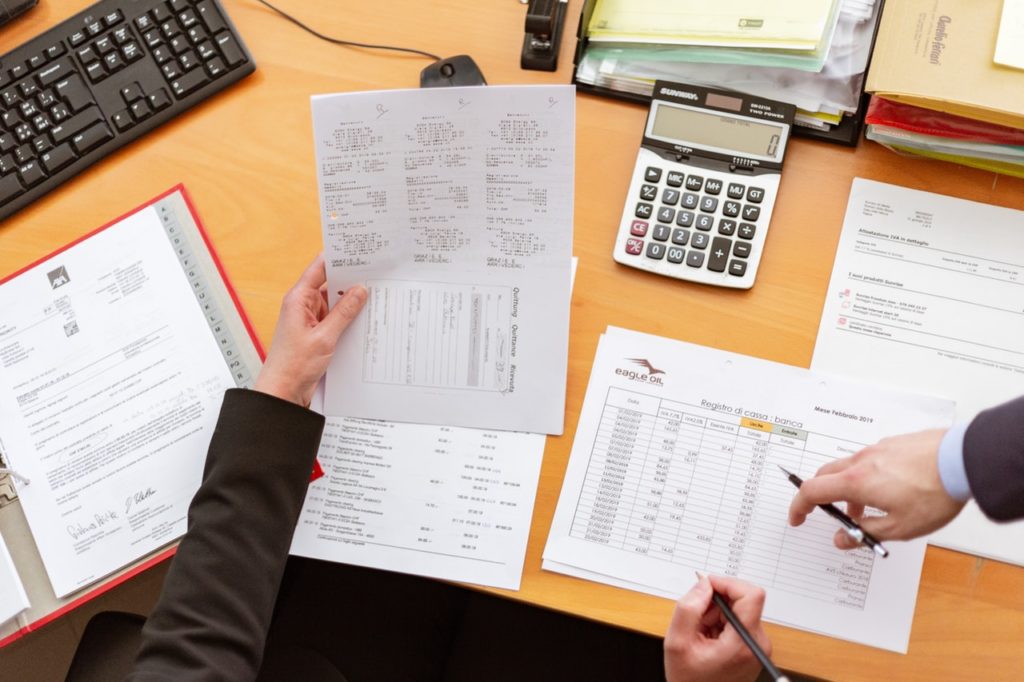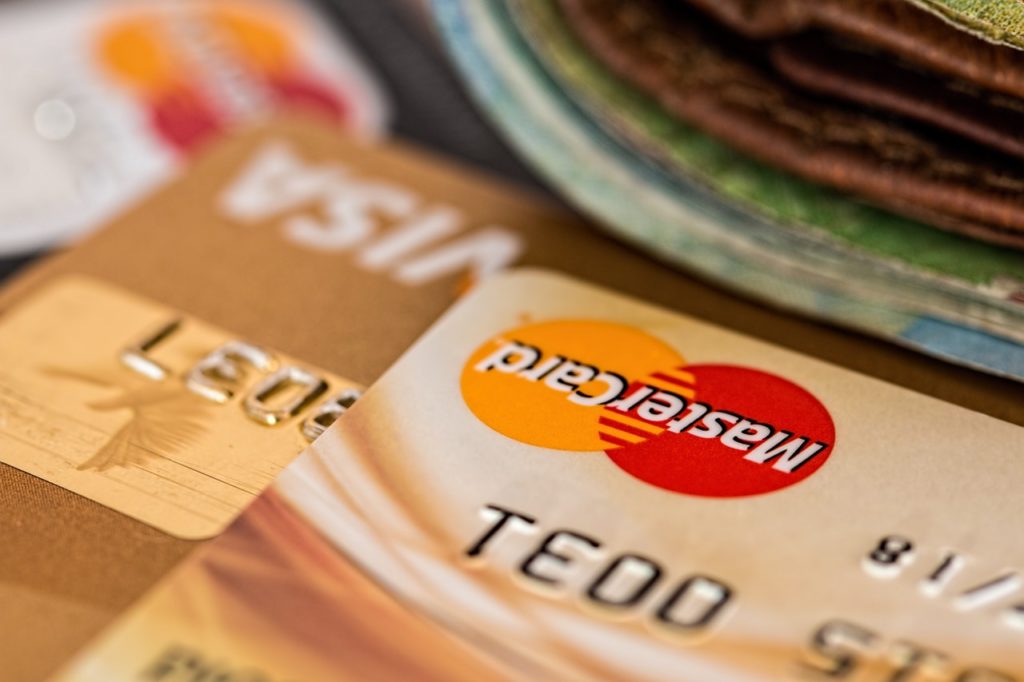The Importance of Good Credit During the Application Process
If you are planning to rent an apartment for the first time, you should make sure you have a good credit score. This is because your credit score is an indicator of how good you are with making payments on time. If you don’t have a good score, you might not be able to get the apartment you want. “If you don’t have a good score, you might not be able to get the apartment you want or live on your own as planned.
Garden Communities New Jersey doesn’t check for specific credit scores, but keeping yours at a reasonable number is still important. Before you apply for an apartment, see why credit scores play an important role in the rental process.
Why Landlords Want Good Credit Scores

Most landlords do credit checks because they want to see if there are any risks that could come from working with you. Your credit score is an evaluation of your credit, which in turn shows how good you are with paying bills. If you have a high credit score, it shows that you are good with money, and that you rarely miss payments.
If you have a low credit score, a landlord might assume that you will be late with your payments each month. Tenants who don’t pay the rent are a hassle to deal with, so landlords try to avoid working with people who have low credit scores. Even if a credit check isn’t necessary, having a good credit score is still helpful in the long run.
Typically, you want your credit score to land somewhere between 670 and 850. If you need help improving your credit score, we’ve supplied some tips that can help you out.
Review Your Credit Report

If you don’t think your credit score is too good, you should request a free credit report. Every year you can request three credit reports, one from each of the major credit bureaus: Equifax, Experian, and TransUnion. Use the report to review your credit score, and see what’s might be keeping it down, whether it be late payments or large credit card balances.
In addition, you can use the credit report to catch mistakes written in your name. Errors pop up from time to time, and in certain situations they can have a large effect on your credit score. Review your report thoroughly so you can catch any mistakes and bring your score back up.
Create Reminders or Set Automatic Payments
A common cause for low credit scores is being late with payments for credit card bills and other statements. 35% of your FICO credit score is calculated from your payment history, so sending payments on time is crucial. If you struggle to send payments on time, there are a few tricks that can help you.
One trick is to set up payment reminders for yourself. Take a few minutes to see when payment dates are coming up, and write them down on your calendar or in your planner. Setting a reminder on your phone is also a good idea, since the phone will send you a notification on the day the payment is due.
Another option is to set up automatic payments. When you sign into your bank account online, you have the option to send money out as soon as the payment date arrives. This might be a good option for you, since it takes the process out of your hands.
Reduce Your Credit Utilization

Another factor that plays into your credit score is credit utilization. This ratio is based on the amount of money you owe, and how it compares to your current credit limit. 30% of the FICO score is calculated from this ratio, so keeping it low is necessary if you want to maintain a good credit score.
Your top priority is to pay off cards that are close to reaching their credit limits, since they will affect your score the most. If you have the money to do so, you should make more than one payment a month. This will quickly reduce the amount of debt you have, and will bring your score up at the same time.
Have a Good Mix of Credit Types

Your credit score won’t be negatively impacted if your debt comes from a single place. Despite this, having a good credit mix can help your score a bit, since it proves that you are able to handle different types of loans.
There are many types of debt to pay, including credit card bills, car loans, mortgages, and student loans, among others. As long as you’re able to keep up with these payments, having a wide range of payments to make will have a positive impact on your credit.
Something to note is that credit mix makes up 10% of a FICO score, so it won’t have the biggest impact on your score. However, the small bump it provides could be enough to take your score from good to excellent.
Other Helpful Tips
In addition to everything mentioned above, there are other things you should be aware of when dealing with credit:
· Closing unused cards won’t improve your credit score. In fact, the longer your card is around, the more the score is impacted. Don’t close accounts unless you have to.
· Moving your debt around to other credit cards won’t get rid of it. Focus on making payments as soon as possible.
· While having a good credit mix is important, don’t take out too many loans at once. If you can’t pay them, your score will suffer.
· If you don’t spend money often, consider raising your credit limit. This can knock down your credit utilization ratio a bit, as long as you don’t spend money right away.
Want to make sure you have everything you need to apply for your first apartment rental?
Be sure to download our printable checklist.


